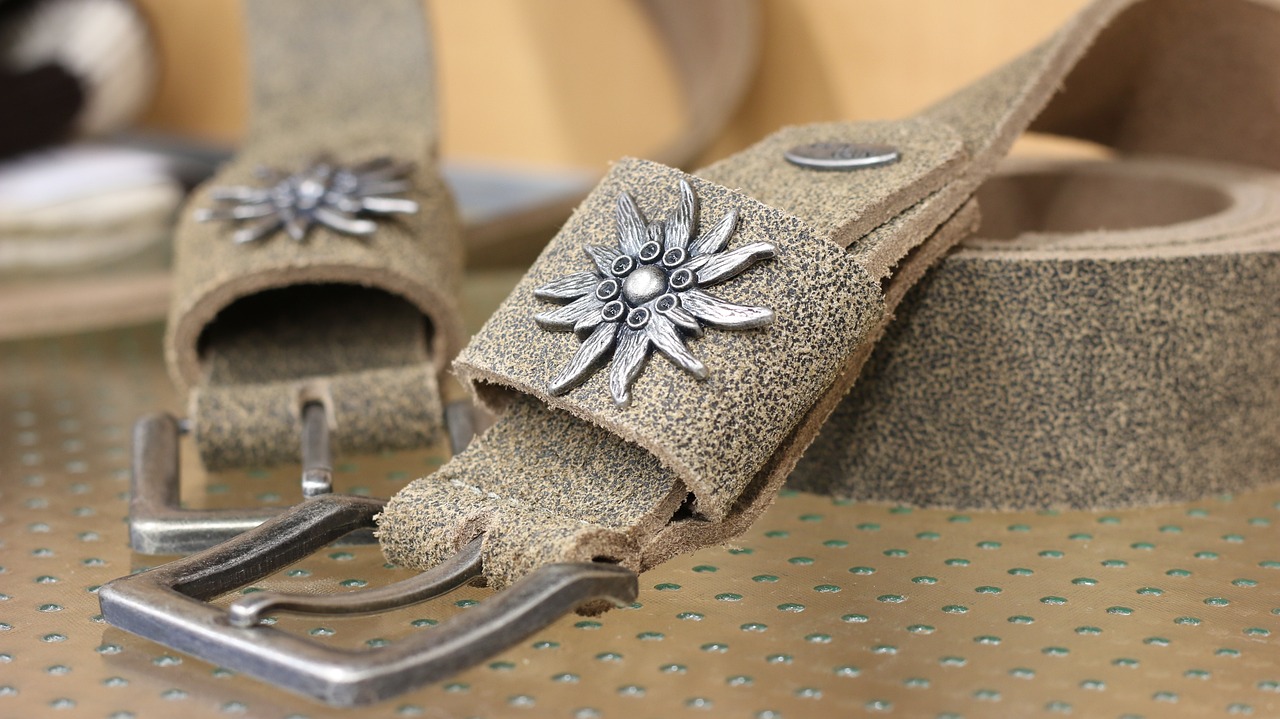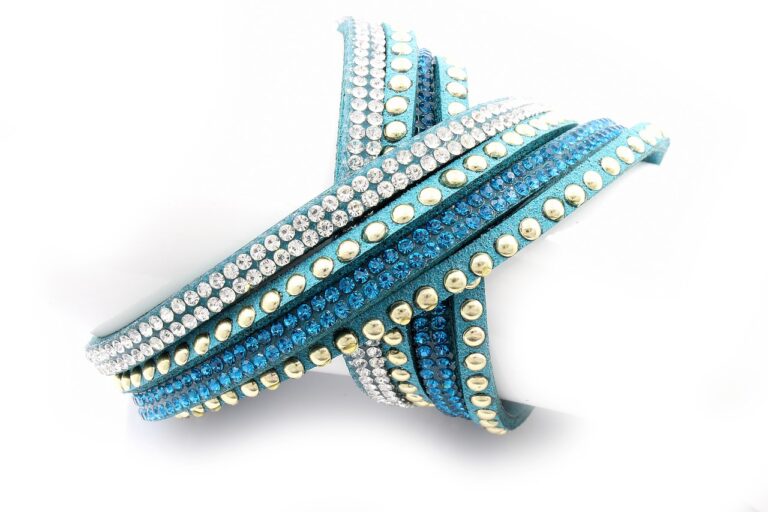Fashion Influencers: Navigating Brand Collaborations Ethically: Golden exchange, Cricbet99, King567
golden exchange, cricbet99, king567: Fashion influencers are becoming increasingly popular in the digital age, with many consumers turning to social media for style inspiration. These influencers have the power to sway their followers’ purchasing decisions and are often approached by brands for collaborations. While brand collaborations can be lucrative opportunities for influencers, it is essential to navigate them ethically to maintain credibility and trust with their audience.
1. Building Authentic Relationships with Brands
Successful brand collaborations start with authentic relationships between influencers and brands. It’s crucial for influencers to only collaborate with brands that align with their personal style and values. Followers can easily spot inauthentic partnerships, which can lead to a loss of trust and credibility. By building genuine relationships with brands, influencers can create content that feels natural and resonates with their audience.
2. Disclosing Sponsored Content
Transparency is key when it comes to brand collaborations. Influencers must disclose when content is sponsored or in partnership with a brand. This disclosure helps maintain transparency with followers and ensures compliance with advertising regulations. Influencers should clearly label sponsored content with hashtags like #ad or #sponsored to distinguish it from organic posts. Failing to disclose sponsored content can damage an influencer’s reputation and erode trust with their audience.
3. Choosing Quality Over Quantity
It’s tempting for influencers to accept every brand collaboration that comes their way, especially when starting. However, it’s essential to prioritize quality over quantity when selecting brand partnerships. Influencers should carefully vet brands to ensure they are a good fit for their audience and brand image. By being selective with collaborations, influencers can maintain authenticity and avoid diluting their personal brand.
4. Negotiating Fair Compensation
Influencers should not undersell themselves when negotiating brand collaborations. It’s essential for influencers to know their worth and demand fair compensation for their work. Factors like audience size, engagement rates, and reach should be taken into account when determining compensation. Influencers should also consider the time and effort required to create high-quality content for brands. By valuing their work, influencers can build sustainable and profitable partnerships with brands.
5. Creating Consistent and Engaging Content
To maintain audience engagement and interest, influencers should strive to create consistent and high-quality content. Brands partner with influencers for their unique voice and creative vision, so it’s crucial to deliver content that aligns with their aesthetic. Influencers should experiment with different types of content, such as photos, videos, and stories, to keep followers engaged. By staying true to their style and consistently producing captivating content, influencers can build a loyal and dedicated following.
6. Monitoring and Evaluating Partnerships
Once a brand collaboration is live, influencers should actively monitor its performance and evaluate its impact. Tracking key metrics like engagement rates, click-through rates, and conversion rates can provide valuable insights into the success of a partnership. Influencers should analyze this data to understand what resonates with their audience and inform future collaborations. By continuously evaluating partnerships, influencers can refine their content strategy and improve their brand collaborations over time.
FAQs
1. How do I disclose sponsored content on social media?
When posting sponsored content, influencers should clearly label it with hashtags like #ad or #sponsored. These hashtags notify followers that the post is in partnership with a brand and helps maintain transparency.
2. How do I determine fair compensation for a brand collaboration?
Factors like audience size, engagement rates, reach, and the time and effort required to create content should be considered when determining compensation. Influencers can also benchmark their rates against industry standards to ensure fair compensation.
3. What should I do if a brand collaboration doesn’t perform well?
If a brand collaboration underperforms, influencers should analyze key metrics to understand what went wrong. They can learn from this experience and adjust their content strategy for future collaborations to improve results.
In conclusion, navigating brand collaborations ethically is essential for fashion influencers looking to build credibility and trust with their audience. By building authentic relationships with brands, disclosing sponsored content, prioritizing quality over quantity, negotiating fair compensation, creating engaging content, and monitoring partnerships, influencers can establish sustainable and successful collaborations that resonate with their followers. Adhering to ethical guidelines ensures that fashion influencers maintain their reputation and credibility in the digital landscape.







